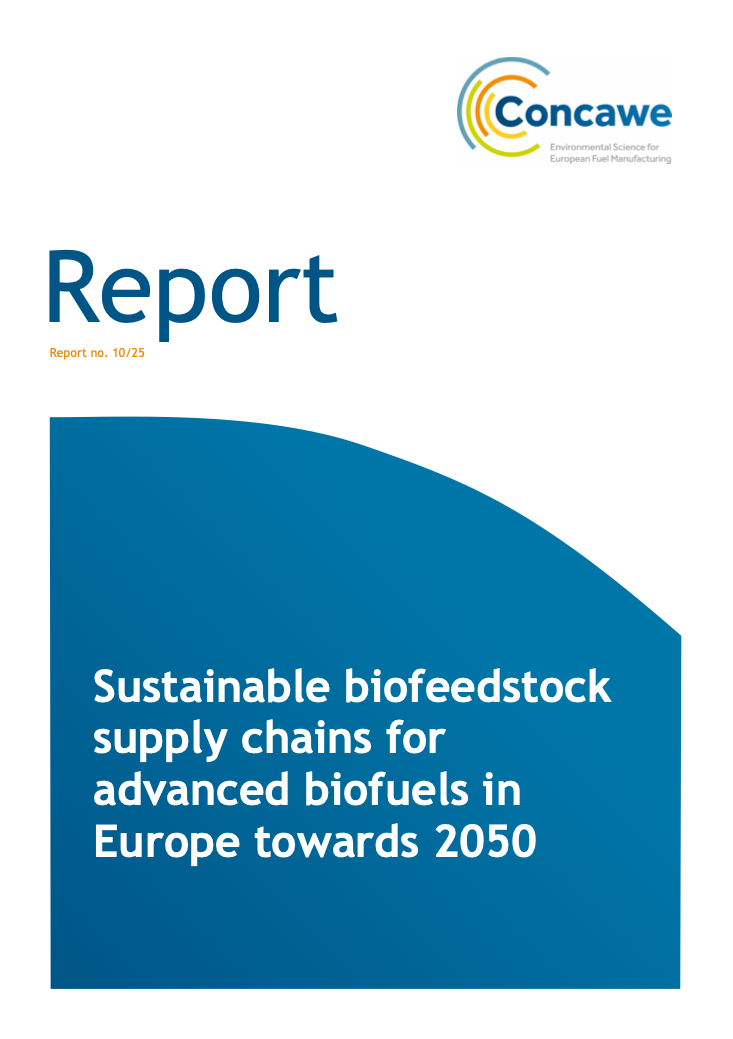Advanced Biofuels to Decarbonise European Transport by 2030: Markets, Challenges, and Policies that Impact their Successful Market Uptake

Current policy mechanisms have established targets and monitoring frameworks for low carbon fuels and improved car engine performance but have not yet been adequate to facilitate the market uptake of advanced biofuels. Their efficient market roll-out must be immediate if the 2030 targets are to be met.
A new paper - by Calliope Panoutsou et al, recently published on Elsevier, based on the work performed by ADVANCEFUEL project - confirms that the future deployment of advanced biofuels, in market shares that can lead to decarbonisation, still depends largely on the integration of tailored policy interventions that can overcome challenges and improve upstream and downstream performance.
Tailored policy interventions integrated along the advanced biofuels value chain (feedstock production, conversion, end use) are essential for future policy formation at all governance levels.
- Sustainable biomass feedstocks are present in Europe, but their efficient and timely mobilisation remains a challenge which requires synergies with agriculture, forestry, and rural land-use planning. Flagship and demonstration initiatives, including new business models, for biomass supply with either industrial or regional cooperative lead are needed across different regional climatic and ecological zones within Europe.
- Innovations in conversion pathways development involve high capital costs and thus high financial risk; measures to facilitate this must be introduced.
- Advanced biofuel value chains must be deployed before 2030 to ensure timely shift from fossil and achieve decarbonisation. Their market uptake in aviation, maritime and heavy-duty road must be prioritised.
- A carbon pricing intervention, which will consider the external costs of fossil fuels, is expected, with rare exceptions, to make advanced biofuels cost competitive. Such a mechanism will improve their market roll-out and meet the 2030 targets whist at the same time will allow other renewable fuels, such as electricity and hydrogen, increase their market shares and commercialisation rates.
This news item has been published at the website of ETIP Bioenergy, the European Technology and Innovation Platform on Bioenergy. See here for more information.

 Download hereVisit Website
Download hereVisit WebsiteRecente artikelen
PHB presentatie: Breaking down de prijs van de brandstof aan de pomp

Concawe: Sustainable biofeedstock supply chains for advanced biofuels in Europe towards 2050 | 2025

